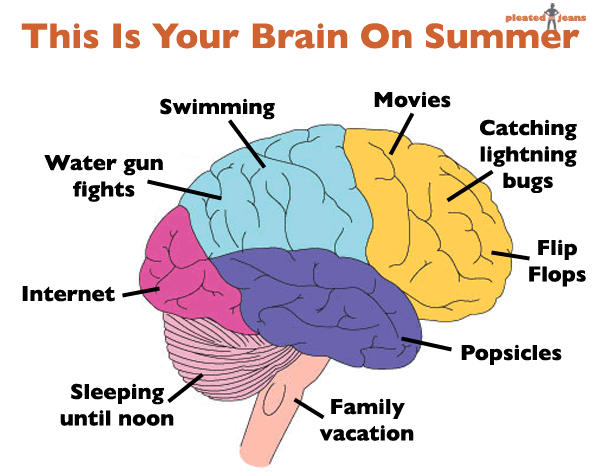This Is Your Brain on Summer - Decades of research confirm that summer learning loss is real -


THE American ideal of lazy summers filled with fun has an unintended consequence: If students are not engaged in learning over the summer, they lose skills in math and reading. Summers off are one of the most important, yet least acknowledged, causes of underachievement in our schools.
Decades of research confirm that summer learning loss is real. According to a report released last month by the RAND Corporation, the average summer learning loss in math and reading for American students amounts to one month per year. More troubling is that it disproportionately affects low-income students: they lose two months of reading skills, while their higher-income peers — whose parents can send them to enriching camps, take them on educational vacations and surround them with books during the summer — make slight gains. A study from Johns Hopkins University of students in Baltimore found that about two-thirds of the achievement gap between lower- and higher-income ninth graders could be explained by summer learning loss during the elementary school years.
This learning loss is cumulative, summer after summer. It has a tremendous impact on students’ success, including high school completion, post-secondary education and work force preparedness.
As a result, no matter how effective other school reforms are, our traditional 180-day school calendar creates an incredibly inefficient system of learning. We cannot afford to spend nearly 10 months of every year devoting enormous amounts of intellect, energy and money to promoting student learning and achievement, and then walk away from that investment every summer.
This waste is preventable. According to the RAND report, good summer programs with individualized instruction, parental involvement and small classes can keep children from falling behind and reduce the achievement gap.
Read more -

No comments:
Post a Comment